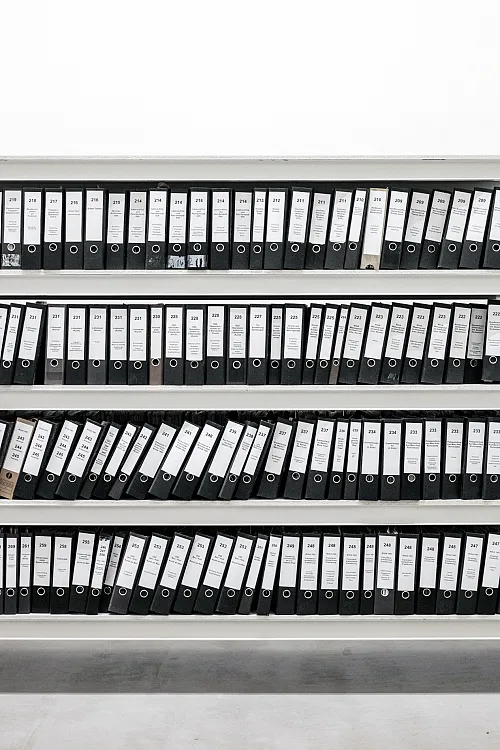1. Introduction
Within the Framework Strategy for a Resilient Energy Union, one of the major political priorities of the Juncker Presidency, the European Commission submitted on 16 February 2016 its energy security package, a great leap towards the deepening of a single market for energy and the preparation of the Union for the global energy transition.
The envisaged goal of the package, and also one of the main goals of the Energy Union, is to safeguard the energy supply at a European level, thus assuring a greater degree of autonomy and resilience of the European Union with regards to any potential disruptions of the sources of supply of natural gas. The achievement of this goal has currently gained greater relevance in view of several political tensions at the boarders of the European Union, which may lead once again to gas supply disruptions as occurred during the gas crises of 2006 and 2009.
Taking this into consideration, the package presented comprises several measures aiming towards sustainable energy development by strengthening the commitment with regards to renewable energy sources and thus increasing overall energy production at the European level, as well as by ensuring greater diversity in the sources, suppliers, and supply ways.
In order to endow the European Union with a market for safe, sustainable, and competitive energy, the European Commission’s proposals included a Security of Gas Supply Regulation, a Decision on Intergovernmental Agreements in energy, a Liquefied natural gas (LNG) and gas storage Strategy and a Heating and Cooling Strategy, which we shall briefly analyse below.
2. Security of Gas Supply Regulation1
This Regulation intends to introduce a more efficient approach for the prevention of gas supply disruptions and moderation of their potential effects. First of all, it aims to shift the previous national-based approach to a region-wide approach to supply security and reinforce cooperation with third countries which constitute the contracting parties of the Energy Community.2
Moreover, it introduces a new solidarity principle through which the neighbouring Member-States shall be responsible to ensure energy supply to residences and essential services (such as hospitals and security services) in case of an energy crisis affecting another Member-State of the Union.
Finally, the Commission grants itself a more meaningful role by establishing a review process for energy security measures to be implemented by the Member-States as well as undertakings active in the natural gas sector.
3. Decision on Intergovernmental Agreements in Energy3
In order to reinforce its role with regards to energy security and the implementation of the Energy Union, the Commission decided to submit to an ex ante compatibility check any and all intergovernmental agreements to be entered into by EU Member States, which may hold relevance to the issue of supply security. This assessment shall refer to compatibility with regards to competition rules and the single energy market and shall be binding upon the Member States.
4. Liquefied Natural Gas (LNG) and Gas Storage Strategy4
In line with the aim to diversify energy sources and blur disparities at a regional level, the Commission also presented a strategy for LNG. Despite being the world’s greatest gas importer, the availability of this energy source in the EU is not homogenous throughout the EU territory and this is an essential factor to ensure a real single market for energy. Under the Commission’s Strategy, efforts shall be undertaken in order to i) build the necessary infrastructure to ensure a widespread access to the LNG markets by all Member-States of the European Union either directly or through neighbouring Member-States; ii) use the existing storage infrastructures and resources more efficiently; and iii) identify international partners to promote free and transparent global LNG markets.
5. Heating and Cooling Strategy5
The Heating and Cooling Strategy, which refers to the energy expended in these processes in buildings and industries, is likely the proposal which shall have a more direct impact at the level of private entities. In general this strategy intends to render energy expenditure in heating and cooling more efficient, considering that these processes account for approximately 50% of energy consumption in the European Union and are still mainly based on fossil energy sources.
The Commission thus proposes several measures for an increase in efficiency and decrease of waste in heating and cooling, namely:
i) the promotion and simplification of building renovation procedures, increasing the use of energy efficient models and promoting the sharing of the costs of the energy requalification of buildings between owners and tenants;
ii) the increase use of renewable sources, particularly by granting financial incentives to the implementation of sustainable solutions under the program Horizon 2020;
iii) the reuse of heating and cooling waste generated by industrial processes, for instance, by the creating of direct feeds to district heating systems; and iv) the promotion of a larger involvement and awareness of consumers and the industry with regards to sustainable energy.
6. Final remarks
The package presented by the Commission is still in the form of a series of proposals which require implementation through legislation at the EU level. Nevertheless, it is safe to state that the presentation of this package already constitutes a significant leap towards the implementation of one of the key political priorities set forth by the European Commission – the strengthening of the Energy Union –, which leaves us keenly awaiting the upcoming legislative developments.
This article was co-authored with lawyer Leonor Bettencourt Nunes.

_______________________
1 Proposal for a Regulation of the European Parliament and of the Council concerning measures to safeguard the security of gas supply and repealing Regulation (EU) No 994/2010, COM/2016/052, available at: http://eur-lex.europa.eu/legal-content/EN/ TXT/?uri=CELEX:52016PC0052;
2 The Energy Community is an international organisation dealing with energy policy. The organisation was established by an international treaty in October 2005 in Athens, Greece. The Treaty entered into force in July 2006. The Treaty establishing the Energy Community brings together the European Union, on one hand, and countries from the South East Europe and Black Sea region. The key aim of the organisation is to extend the EU internal energy market to South East Europe and beyond on the basis of a legally binding framework. More information available at: https://www.energy-community.org/portal/page/portal/ENC_HOME.
3 Proposal for a Decision of the European Parliament and of the Council on establishing an information exchange mechanism with regard to intergovernmental agreements and non-binding instruments between Member States and third countries in the field of energy and repealing Decision No 994/2012/EU, available at http://eur-lex.europa.eu/legal-content/EN/TXT/?uri=CELEX:52016PC0053.
4 Communication from the Commission to the European Parliament, the Council, the European Economic and Social Committee and the Committee of the Regions on an EU Strategy for Liquefied Natural Gas And Gas Storage, COM(2016) 49, available at https://ec.europa.eu/energy/sites/ener/files/documents/1_EN_ACT_part1_v10-1.pdf
5 Communication from the Commission to the European Parliament, the Council, the European Economic and Social Committee and the Committee of the Regions on an EU Strategy for Heating and Cooling, COM(2016) 51, available at: https://ec.europa.eu/energy/sites/ener/files/documents/1_EN_ACT_part1_v14.pdf.


